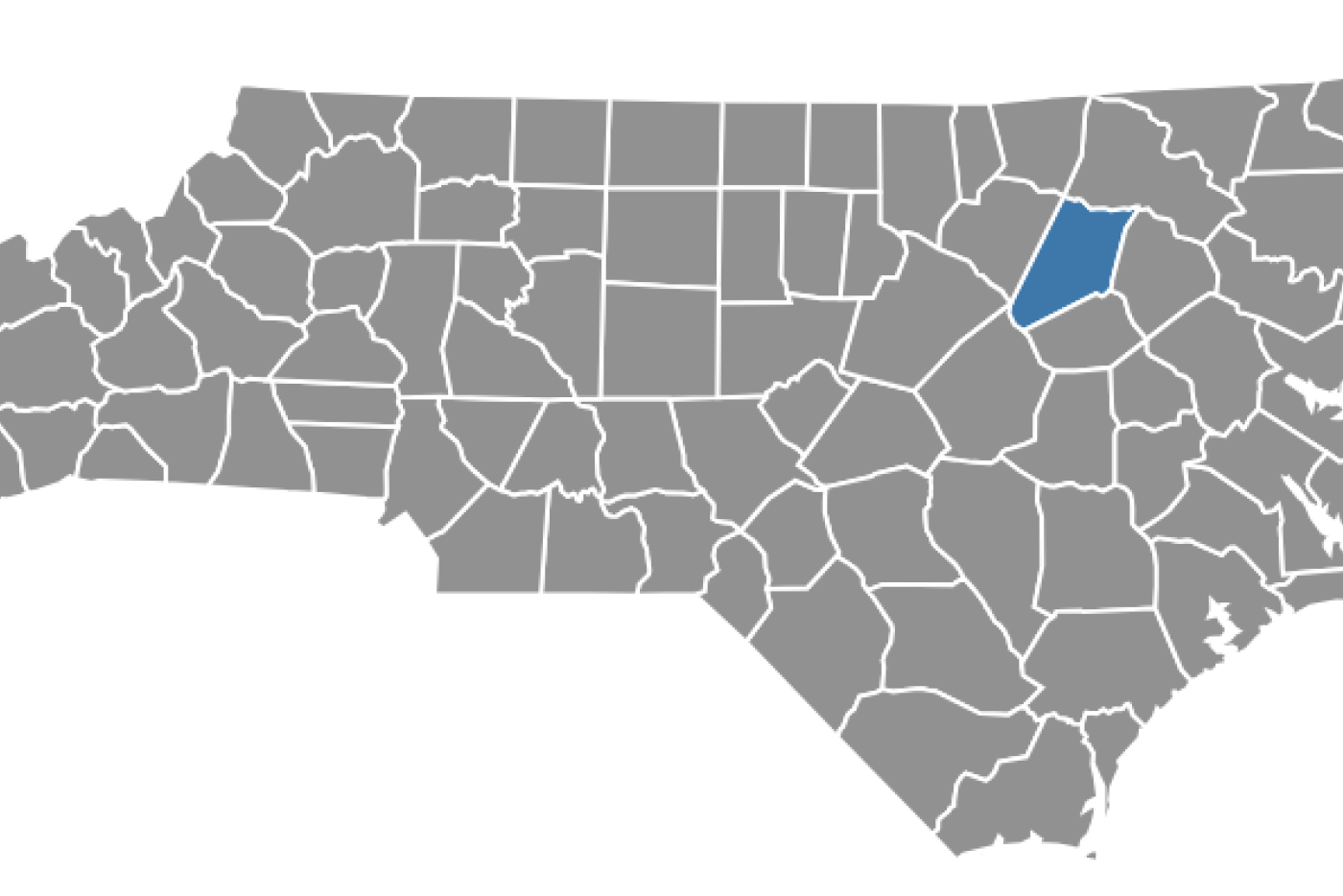Author: Andrew Duppstadt, DNCR
North Carolina formed Nash County from Edgecombe in 1777 to honor General Francis Nash, who died from wounds received at the Battle of Germantown. Born in Virginia to Welsh parents in 1742, Nash and his brother Abner relocated to Hillsborough in 1763, where Francis practiced law and served as clerk of court for Orange County. The brothers owned substantial property in the area, including a mill on the Eno River. Through his own marriage and later one of his daughter’s marriages, Francis established connections to the politically powerful Moore and Waddell families. He served one term in the General Assembly and became a target of backcountry settlers’ ire during the Regulator Rebellion. After fighting alongside Governor William Tryon at the Battle of Alamance in May 1771, Nash served another two terms in the General Assembly.
Nash joined the Third Provincial Congress in 1775, which appointed him Lieutenant Colonel of the 1st North Carolina Regiment, commanded by his wife’s uncle, James Moore. Following the Battle of Moores Creek Bridge in February 1776, Nash replaced Moore as Colonel and participated in the expedition to Charleston, culminating in the Battle of Sullivan’s Island. The Continental Congress promoted Nash to Brigadier General in early 1777 and gave him command of the North Carolina Brigade, which marched north to fight under General George Washington. Nash commanded all nine North Carolina regiments at the Battle of Brandywine before being mortally wounded at the Battle of Germantown on October 4, 1777. He was one of ten Patriot generals killed during the American Revolution. Along with Nash County, three towns named Nashville honor the general, in North Carolina, Tennessee, and Georgia. His home in Hillsborough, later purchased by Declaration of Independence signatory William Hooper and located in the Hillsborough Historic District, is now a National Historic Landmark.
Located in the northeastern section of the state, Nash County occupies 543 square miles and borders Halifax, Edgecombe, Wilson, Franklin, and Johnston counties, and Nashville is the county seat. The county population is approximately 98,000, and the largest town is Rocky Mount (partially located in neighboring Edgecombe County). There are numerous small towns throughout the county. The state recognized Haliwa-Saponi tribe resides partially in Nash County. While Nash County traditionally relied on agriculture and railroads for its economic base, it now lists manufacturing and health care among its largest sectors. The county is still largely agricultural and is one of the top sweet potato growing counties in North Carolina. The Tar River and numerous major highways run through the county. The county seat of Nashville is home to Nash Community College.
For more information and to learn more, visit: https://www.ncmilitaryhistoricalsociety.org

